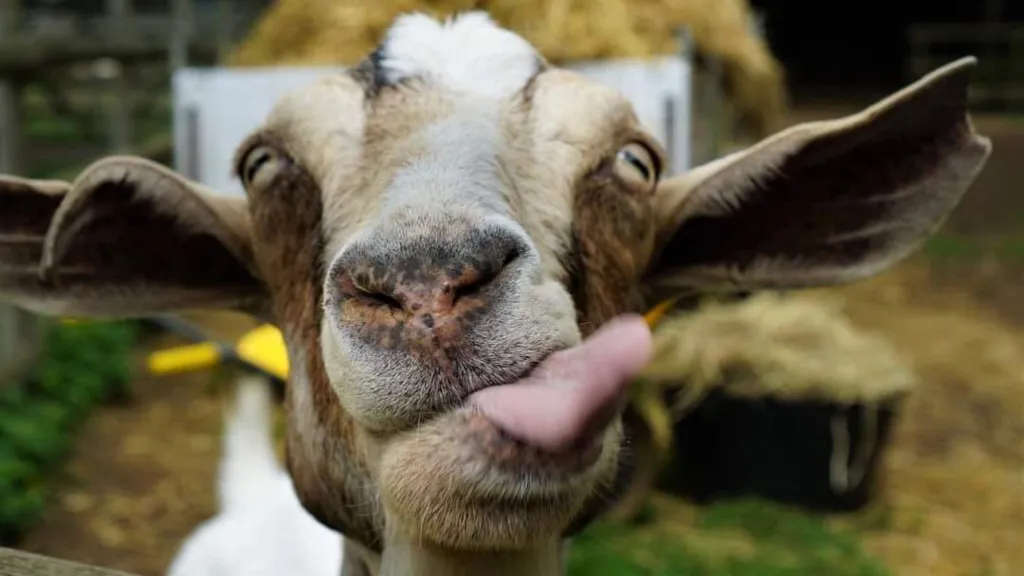A 16-year study on Seychelles warblers (Acrocephalus sechellensis) on Cousin Island has revealed how environmental factors, particularly rainfall, shape pair bond stability in socially monogamous birds. Conducted by an international team, including Macquarie University’s Frigg Speelman, the research highlights the potential impacts of climate change on animal reproduction and conservation.
The study found that fluctuations in rainfall before and during the breeding season significantly affect the likelihood of “divorce” among paired birds. Divorce, in this context, refers to the end of a pair bond while both individuals are alive and has been observed across various bird species, often associated with poor reproductive outcomes. However, the connection between environmental changes and this phenomenon has remained elusive.
In socially monogamous species, birds typically form lasting pair bonds, raising offspring together. However, sexual monogamy is not guaranteed, as some birds may mate outside these bonds. This study delved into the complex dynamics between environmental conditions and pair bond stability.
Key Findings:
- Rainfall and Divorce: The researchers identified a quadratic relationship between rainfall and divorce rates. Divorce peaked in years with extreme rainfall—either too little or too much—during the breeding season.
- 1997 El Niño Event: An extreme rainfall spike caused by the 1997 El Niño was a notable outlier, correlating with a dramatic increase in divorce rates. When this event was excluded, a clearer pattern emerged, suggesting that moderate rainfall fluctuations had a stabilizing effect on pair bonds.
- Reproductive Success: Interestingly, while rainfall influenced divorce rates, it showed no direct impact on reproductive success, indicating that other factors might also contribute to partnership stability.
Conservation and Climate Change Implications:
Published in the Journal of Animal Ecology, the findings emphasize the role of climate variability in shaping animal behavior. As climate change exacerbates environmental fluctuations, understanding these dynamics becomes crucial for species conservation.
“Extreme weather events and shifting rainfall patterns may destabilize socially monogamous relationships, with long-term implications for species survival,” Speelman noted. “This study enhances our understanding of how animals respond to environmental challenges and provides essential insights for conservation strategies.”
The Seychelles warbler, endemic to the Seychelles islands, already faces significant conservation pressures. This research underscores how climate-induced stressors, such as unpredictable rainfall, could further jeopardize the species’ reproductive success and long-term stability. Insights gained could inform broader conservation efforts for species vulnerable to the cascading effects of climate change.
